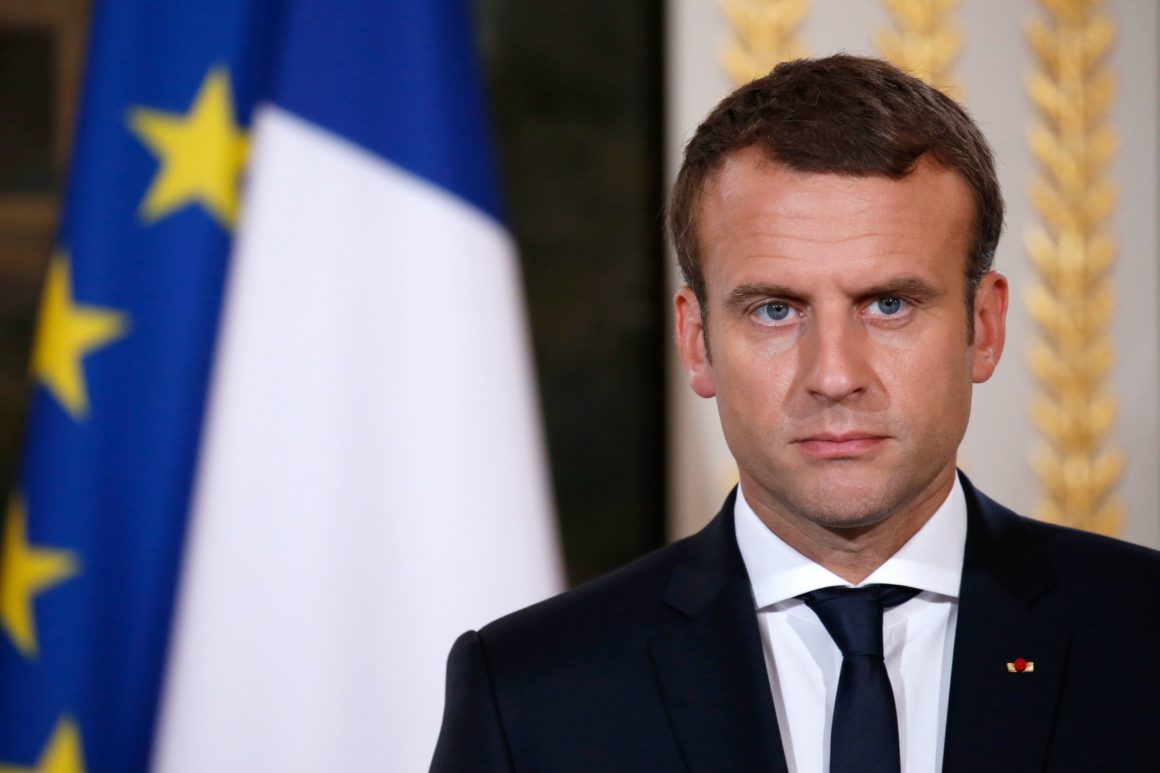Emmanuel Macron was elected as president of France in 2017 for his promise of changing the way politics worked at a fundamental level. Disillusioned with mainstream politics, the French people had had enough. The conventional left and right ruling parties were knocked in the first round of voting – the first occurrence of this phenomena since the period after the second world war. Instead, the French voters narrowed their two presidential candidates down to Marine Le Pen, an anti-immigration anti-EU politician of the Front National, and independent centrist Emmanuel Macron, an anti-system politician independent who offered not a party but a movement.
Macron offered a genuine voice of the people as a politician. He formed his movement “En Marche” by interviewing 25,000 French in depth about their view of France, what problems they, their families and their communities faced, and what future they saw for France. The results from these forty five-minute long interviews were produced into an unprecedented 176-page analysis of France’s problems and formed the basis of the movement’s policies. No such research of that extent has been conducted before the forming of a party or movement before. Macron’s innovative approach put the person back into
He promised to unite a France divided by populism and elitism and to “defend” the spirit of the Enlightenment, the intellectual movement of “equality, liberty, fraternity” that is the ideological bedrock of France.
Macron’s win with 66% of votes was momentous as an outsider to politics. The statistics of voter turnout and response tarnished his win, however. The turnout to the vote was the lowest it had been for forty years with a third of voters choosing neither Macron nor Le Pen, 12 million voters abstaining and 4.2 million spoiling the ballot papers.
Since then, Macron has failed to deliver the tailor-made answers to the problems of France he promised. Instead, he has embodied the populist president that France so desperately wanted to avoid. Cities across France have been disrupted by protests and violence at the hands of the “yellow vests”, and Macron’s popularity is down to 30%. His “new” politics have been left at the wayside as his people see him as a president for the rich after his failure to balance his flat tax on capital with a gesture to the poor.
Protests were initially a reaction to Macron’s contentious “eco-tax” on fuel, hiking up the cost of petrol and meant to pay for France’s clean-energy initiatives. The protesters, dubbed the “yellow vests” for the fluorescent yellow vests lorry drivers – who largely made up the protesters – are made to carry in their lorry, appeared all over France and amassed a totally of 290,000 protesters. Saturday 1st December saw violence break out in Paris around the Arc de Triomphe and in wealthy Parisian
Macron’s hamartia is his disregard for the needs of those who elected him into power. Macron rebuked complaints from pensioners whose pensions were being cut, saying “we don’t realise how lucky we are” and citing general Charles de Gaulle, president of France after the second world war, who was said to live by “you may speak very freely but the one thing you have no right to do is complain.” Macron said, “I think the general has the right idea. The country would be very different if everyone did the same.”
Charles de Gaulle, revered as one of France’s greatest leaders, was forced to resign in 1968 by a mass protest against his leadership and government. The protest, initially only comprising students, snowballed into a protest of students, unions and the working-class because of De Gaulle’s inflexibility concerning their demands and his image as favouring the bourgeoisie. The protest famously brought Paris to a standstill for three entire days and the civic unrest reached such a boiling point that De Gaulle fled to Germany, widely believed as being a trip to summon military aid from a French military base there.
The similarities between Macron’s presidential term so far and the final months leading up to De Gaulle’s resignation are eerie. Macron should learn from the shortcomings of his predecessors that by not respecting for the equality that France’s society after the French Revolutions is founded on is to risk repeating history by falling victim to the wrath of the people.
Image Credit: Gonzalo Fuentes/AFP via Getty Images

